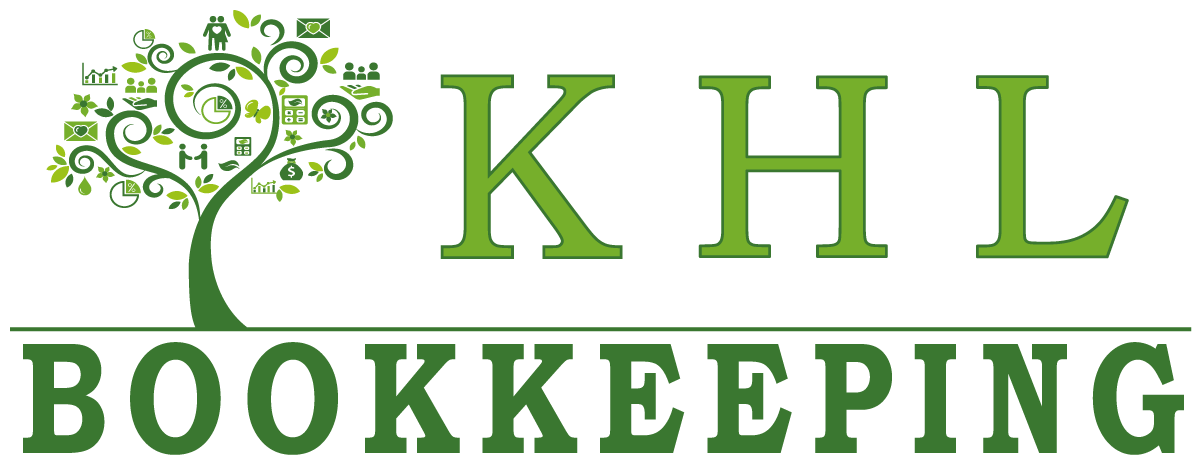The Difference Between Fixed Assets and Expenses for Small Business Bookkeeping
There are many aspects of small business bookkeeping that can be confusing for local business owners. One commonly confused topic is the difference between fixed assets and expenses. While both items show as a debit on the businesses’ bank statement, it is important to understand the difference between them. To find a key differences between fixed assets and expenses let’s see what both of them are:
- Fixed assets: Fixed assets are long-term assets that a company has purchased and is using for the production of its goods and services. These assets have a useful life of more than one year. Fixed tangible assets can be depreciated over time to reduce the recorded cost of the asset. Assets such as buildings, machinery, and equipment can be depreciated. Depreciation has a variety of tax benefits if it has a high enough value to qualify for these tax benefits. Furthermore, your balance sheet will reflect fixed assets and the value of your business will increase. Be prepared to pay property taxes on this amount each year.
- Expenses: An expense for your business would be a purchase of things like office furniture, job supplies, office supplies, computer, etc. up to $1500 or $300 by NC State law. Expenses are deductible on your tax return, but after a year it wouldn’t add any value to your business, as fixed assets would.
Each business sets up their fixed assets policy differently. For example, a business may buy $200 laptop, $100 printer and $800 furniture. But, a business owner could classify all together as expense up to $1500 or $300 by NC State law, everything above would be classified as fixed assets. Don’t forget to check your state laws for Fixed Assets & Expenses.
If you have questions about the difference between fixed assets and expenses, or how depreciation can impact your business, that is a great conversation to have with your bookkeeper.

